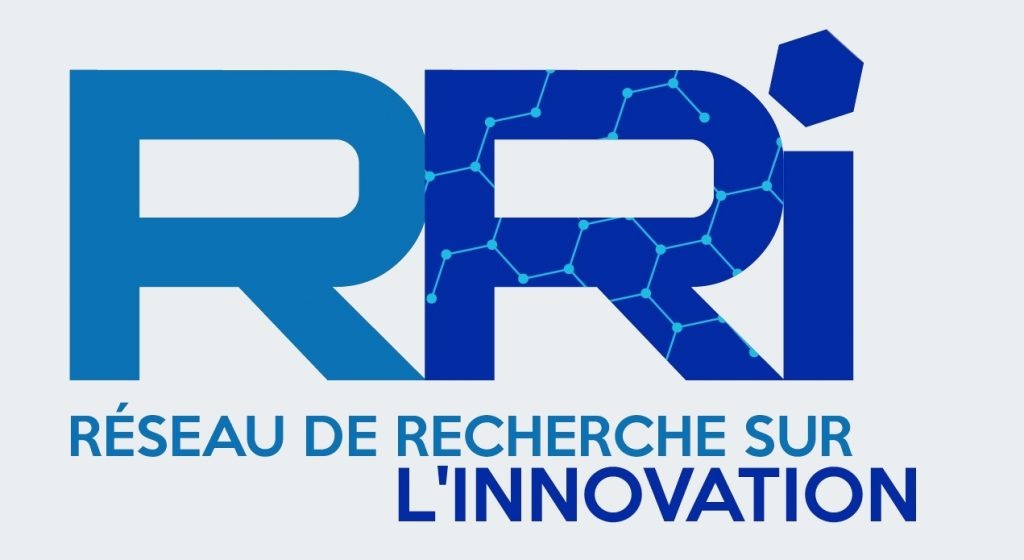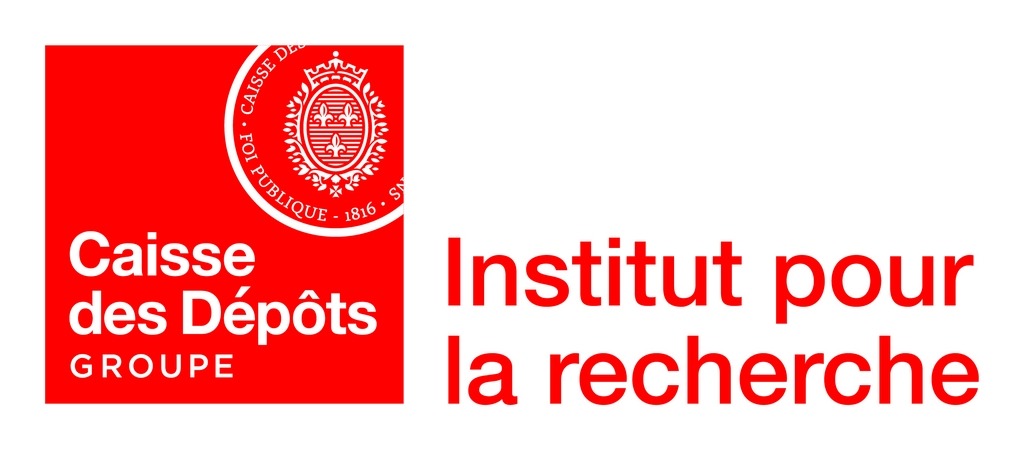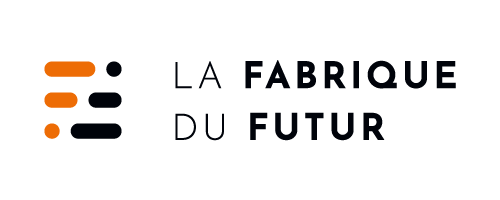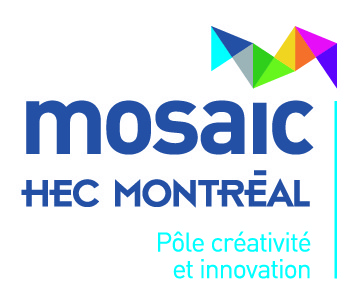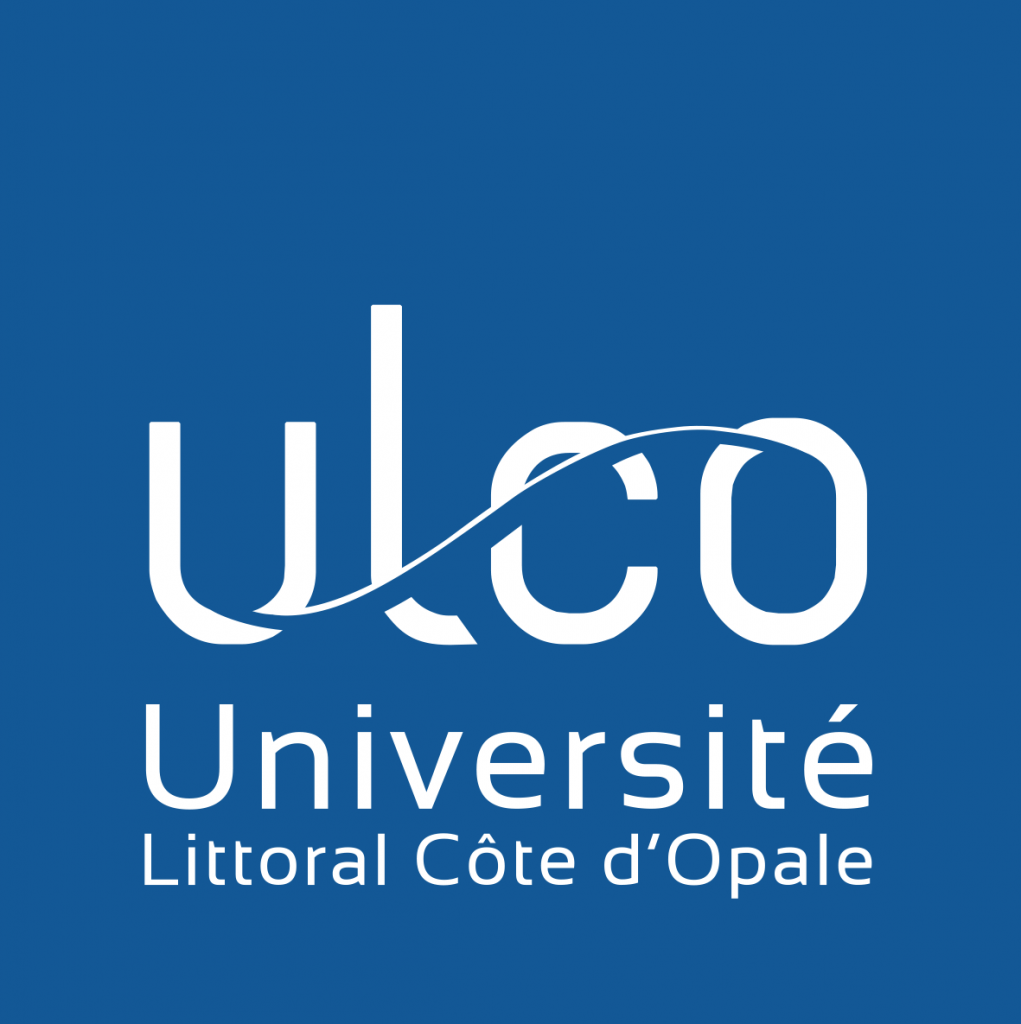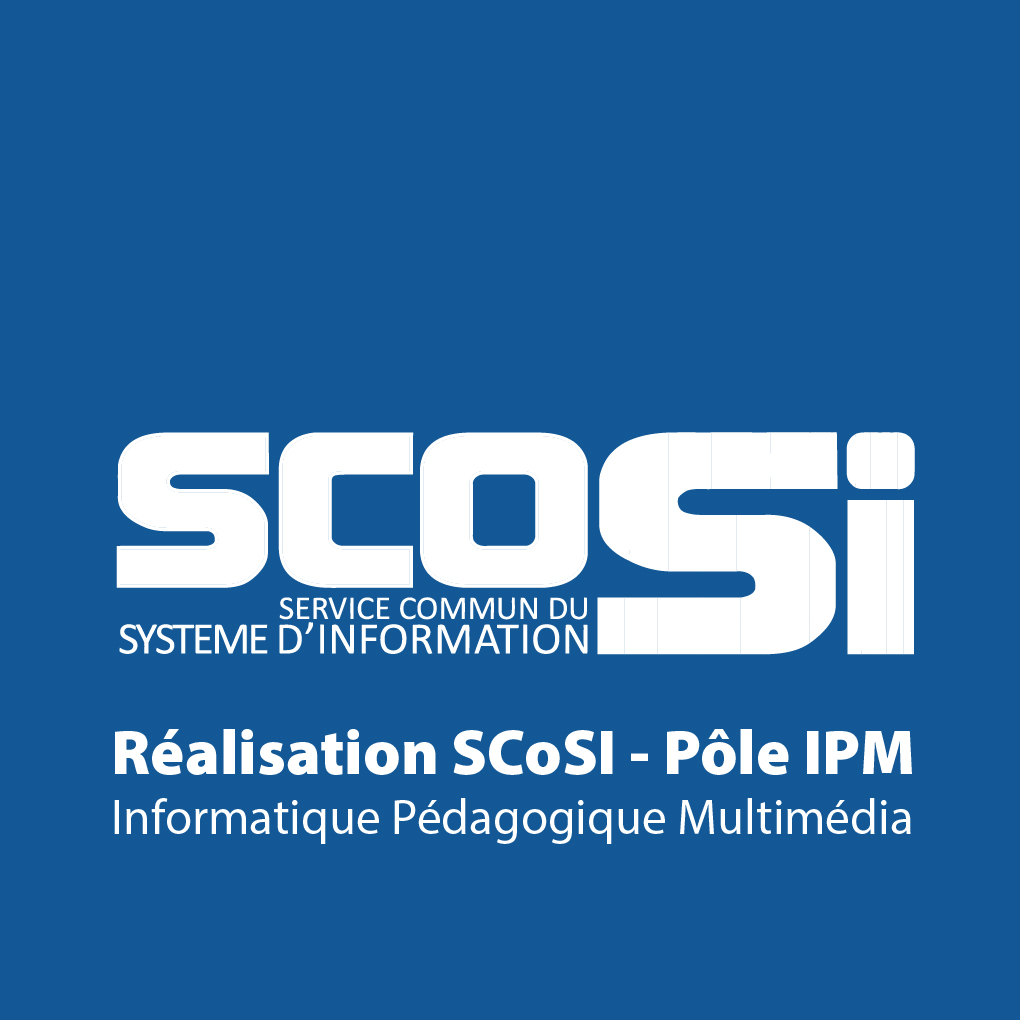
Science builds upon science. Even after peer-review and publication, science papers could still contain images or other data of concern. If not addressed post-publication, papers containing incorrect or even falsified data could lead to wasted time and money spent by other researchers trying to reproduce those results. Several high-profile science misconduct cases have been described, but many cases are yet undetected. Elisabeth Bik is an image forensics detective who left her paid job in industry to search for and report duplicated and manipulated images in biomedical articles. She has done a systematic scan of 20,000 papers in 40 journals and found that about 4% of these contained inappropriately duplicated images. In her talk she will present her work and show several types of inappropriately duplicated images and other examples of research misconduct. In addition, she will show how to report scientific papers of concern, and how journals and institutions handle such allegations.
